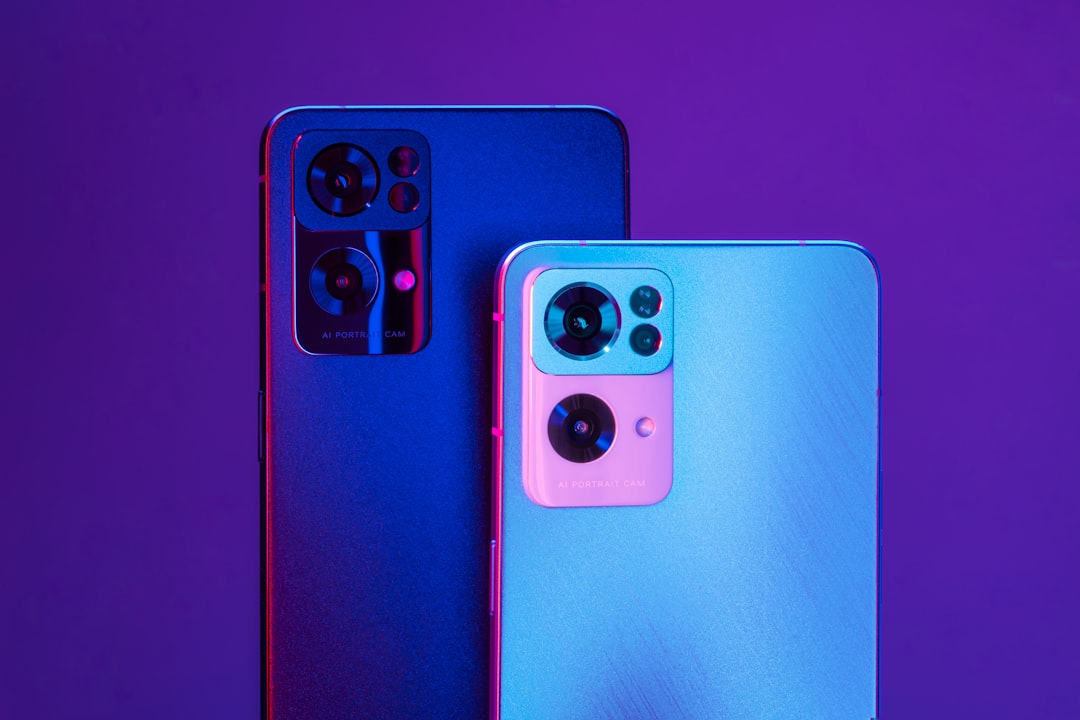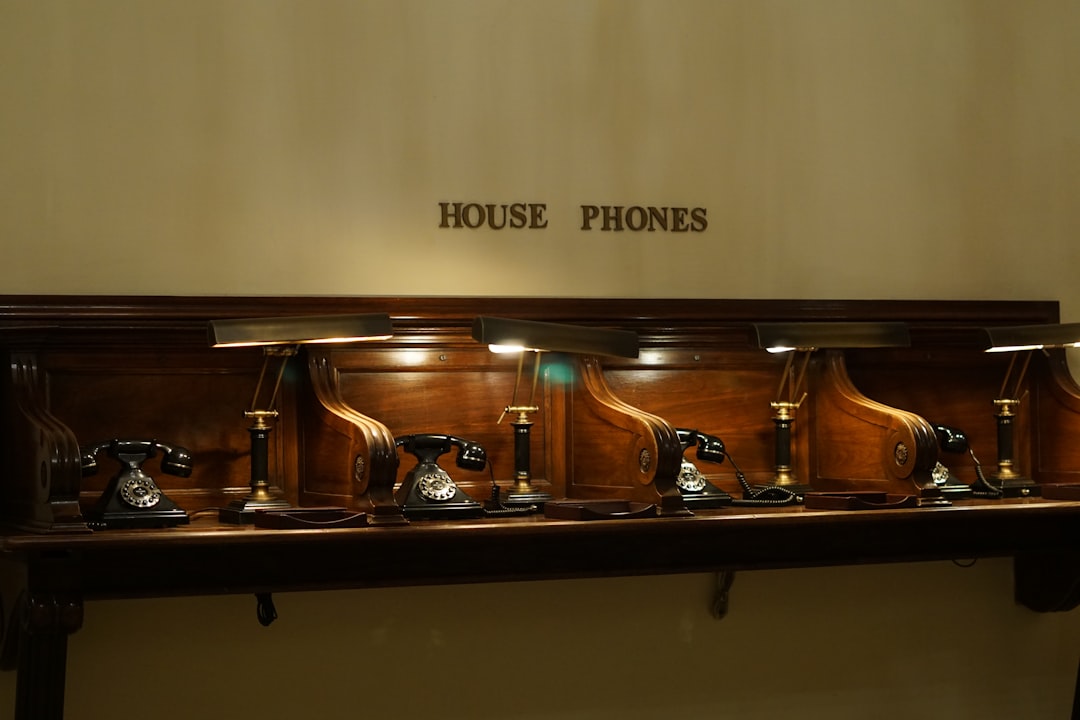Iowa's strict Do Not Call laws protect residents from intrusive telemarketing, with exemptions for political campaigns, non-profits, and businesses with prior interactions. The state's Division of Consumer Protection oversees the list, but legal advice from a specialist in Iowa Do Not Call regulations is crucial for businesses and consumers to understand exceptions, ensure compliance, and avoid legal issues. If unwanted calls persist despite "do not call" requests, consulting a 'lawyer for Do Not Call Laws Iowa' is recommended for protection and potential prosecution.
“In Iowa, understanding and adhering to Do Not Call rules is essential for businesses and individuals alike. This comprehensive guide explores the state’s unique regulations, shedding light on exceptions and potential pitfalls. We delve into who is excluded from the registry, scenarios justifying contact despite listing, and when seeking legal advice is crucial. With ‘lawyer for Do Not Call Laws Iowa’ as a key focus, this article equips readers with knowledge to navigate these rules effectively.”
Understanding Iowa's Do Not Call Laws: A Comprehensive Overview

In Iowa, the Do Not Call laws are designed to protect residents from unwanted telemarketing calls and sales pitches. These regulations can be complex, but understanding them is crucial for both businesses and consumers alike. A lawyer specializing in Do Not Call Laws in Iowa can provide valuable insights into these rules, helping individuals and companies navigate the legal landscape.
Iowa’s Do Not Call list is maintained by the state’s Division of Consumer Protection. Residents can register their phone numbers to opt-out of most telemarketing calls. However, there are notable exceptions. Certain types of organizations, such as political campaigns, non-profit groups, and companies with an existing business relationship with the caller, are allowed to contact registered numbers. Businesses should be aware of these exemptions to ensure compliance and avoid potential legal issues. A lawyer can offer guidance on when calls are permissible and help draft effective do-not-call policies.
Who is Excluded from the Do Not Call Registry?

The Do Not Call Registry in Iowa is designed to protect residents from unwanted telemarketing calls, but there are certain groups and individuals who are excluded from this protection. These exclusions are put in place to ensure that essential services and important communications can still reach consumers. One significant exclusion includes businesses or organizations that have a pre-existing relationship with the caller. For instance, if you’ve made purchases from a company in the past or signed up for their services, they are permitted to contact you despite your registration on the Do Not Call list.
Another category of exclusions involves non-profit organizations and charities. These entities can call individuals who have registered on the Do Not Call Registry for fundraising purposes, as long as they comply with specific rules and regulations set by the state. Additionally, certain government agencies are exempt from these restrictions, allowing them to reach out to citizens regarding vital matters such as national security or public health alerts. Seeking guidance from a lawyer specializing in Iowa’s Do Not Call Laws can help clarify these exclusions and ensure compliance for businesses and organizations operating within the state.
Situations That Justify Contact Despite the Do Not Call List

Despite the existence of the Do Not Call list in Iowa, there are specific situations where businesses or individuals can legally contact you. If you’ve listed your phone number on the state’s Do Not Call registry, certain exceptions allow for unsolicited calls and messages. One such instance is when you have a pre-existing relationship with the caller. This could be through previous business transactions, subscriptions, or interactions that established consent. For example, if you’ve purchased items or services from a company in the past and they have your contact information, they are permitted to reach out regarding similar offerings.
Another justification for contacting individuals on the Do Not Call list is for purposes of conducting surveys or market research. Companies must adhere to specific guidelines when doing so, including providing an opt-out option at the end of the communication. Additionally, non-profit organizations and political campaigns are generally exempt from these rules, allowing them to make calls with the intent to raise funds, promote their causes, or engage in political discussions. It’s crucial for residents in Iowa to be aware of these exceptions when considering whether a call is permissible under the state’s Do Not Call laws, and consulting a lawyer specializing in Do Not Call Laws Iowa can provide clarity and guidance on navigating these regulations.
When to Seek Legal Advice for Do Not Call Violations in Iowa

If you’ve received unwanted phone calls despite your clear indication that you wish to be left alone, it’s important to know when to take action. While many cases can be resolved without legal intervention, certain circumstances may warrant seeking advice from a lawyer specializing in Do Not Call laws in Iowa.
Hiring a legal professional can provide clarity and hold offenders accountable. They can assist in understanding the specific exceptions to Iowa’s Do Not Call rules, ensuring your rights are protected. A lawyer can also help navigate potential legal avenues, especially if the violations persist or involve harassment. This step is crucial when dealing with persistent or aggressive callers, as it offers a strong means of deterrence and may result in successful prosecution under state regulations.






